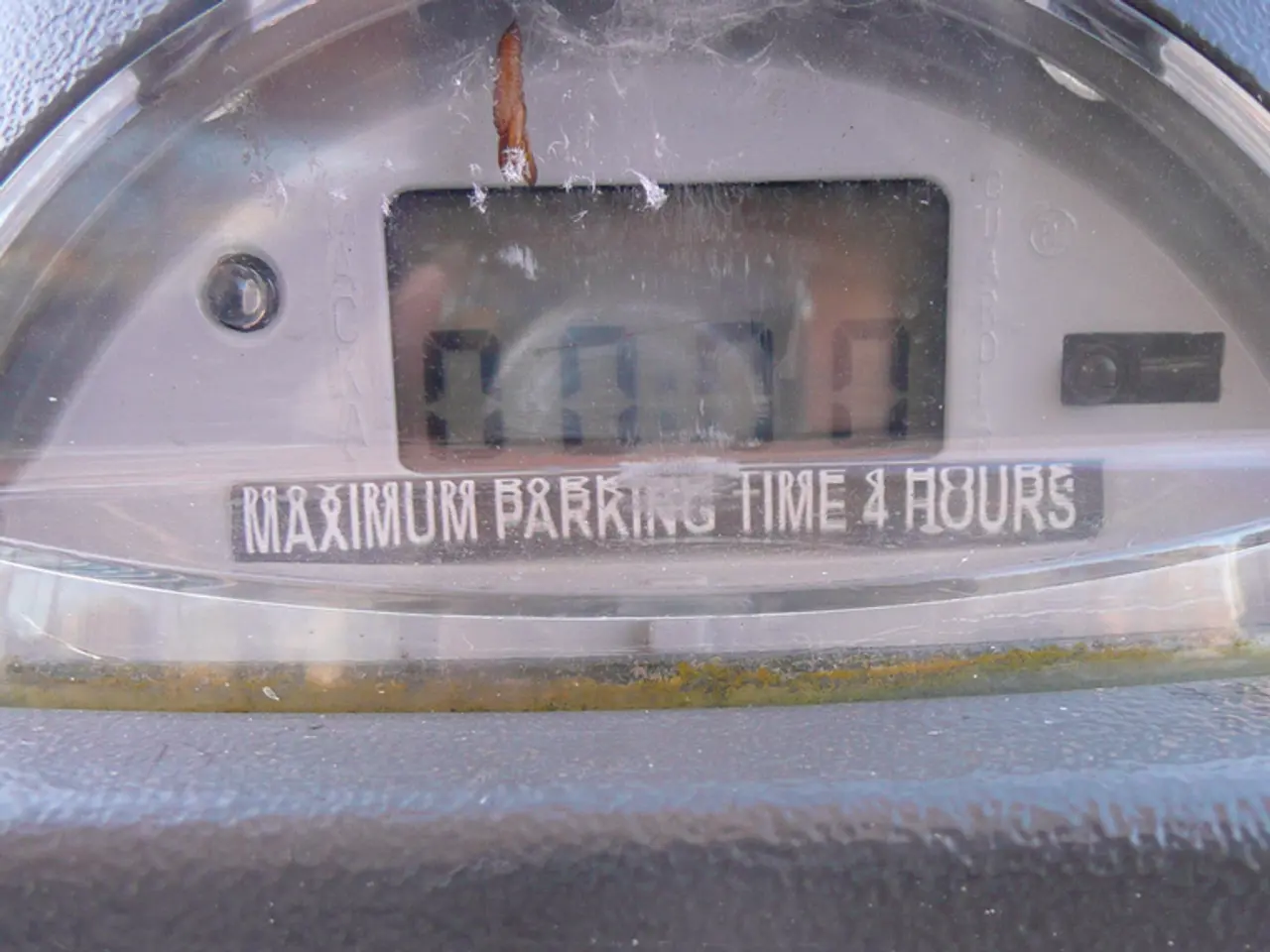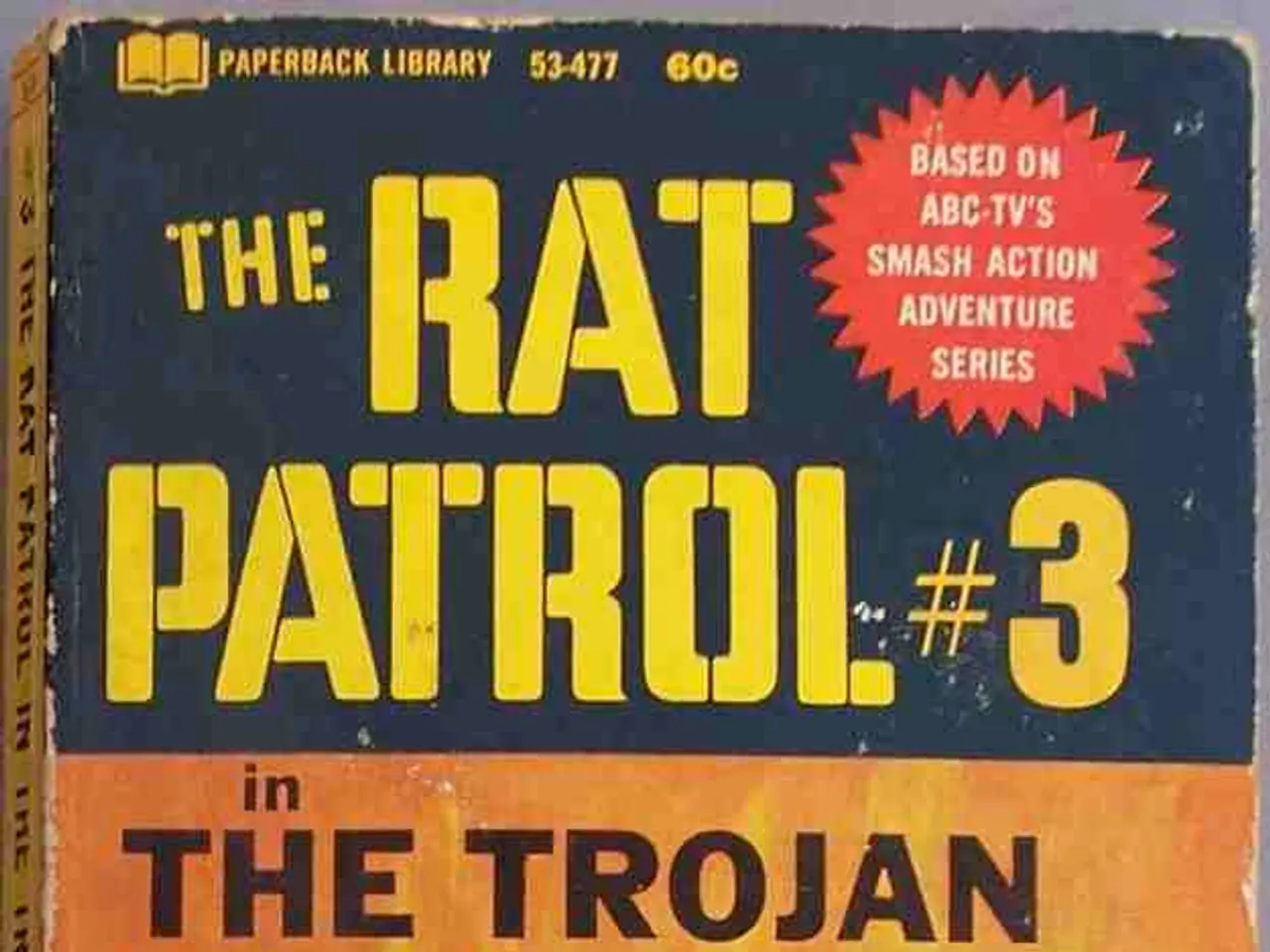Retailer John Lewis denies TV price guarantee claim, arguing over interpretation of 'seven days' term
In a recent case, a reader purchased a TV from John Lewis online for £2,999 on 18 March, only to find that the same product was being sold at Fenwick for £2,699. However, the reader's price promise claim was rejected as it was submitted outside of the seven-day time frame. The question at hand is whether John Lewis's seven-day timeframe for their price promise includes hours within a day or full calendar days.
The terms and conditions of John Lewis's price promise do not specify the definition of seven days, nor do they clarify whether a purchase made at night counts as part of a full day. This lack of clarity has led to some confusion among customers, with the author of this article believing that the unorthodox definition of seven days by John Lewis seems unfair.
Generally, retailer practices and consumer principles suggest that a purchase made at any time on the first day counts as day one, and the seven-day period runs through the end of the seventh calendar day. This would mean that a purchase at night still counts as part of that day, not an extra day added.
Despite the rejection of the price promise claim, John Lewis has shown goodwill by offering the reader a gift card. They have also acknowledged the reader's frustration, stating that the price promise is intended to ensure customers get the best prices. John Lewis refunded the reader the £300 difference between the TV purchased and one being sold at Fenwicks.
It is worth noting that Fenwick is one of the retailers John Lewis honours a price promise for. The case highlights the importance of clear and transparent terms and conditions, with the author suggesting that John Lewis should reconsider the reader's case as the purchase was made with only one and a half hours of the day remaining on Tuesday 18 March.
For a precise answer, it would be best to review John Lewis's official terms on their price promise or contact their customer service directly. The available search results mainly discuss returns and general consumer rights but do not detail the counting method for the price promise period. It is crucial for customers to understand the terms and conditions to make informed decisions and avoid potential misunderstandings.
- The author argues that John Lewis's unclear definition of seven days in their price promise, which doesn't specify whether a purchase made at night counts as part of a full day, is unfair to customers.
- Retailer practices and consumer principles often state that a purchase made at any time on the first day counts as day one, and the seven-day period runs through the end of the seventh calendar day, implying that a purchase at night still counts as part of that day, not an extra day added.
- John Lewis refunded the reader the difference between the TV purchased and one being sold at Fenwicks, showing goodwill by offering a gift card, but they also acknowledged the reader's frustration, stating the price promise is intended to ensure customers get the best prices.
- The case underscores the importance of clear and transparent terms and conditions, with the author suggesting that John Lewis should reconsider the reader's case, as the purchase was made with only one and a half hours of the day remaining on Tuesday 18 March, and customers should understand the terms and conditions to make informed decisions in personal finance and shopping.




